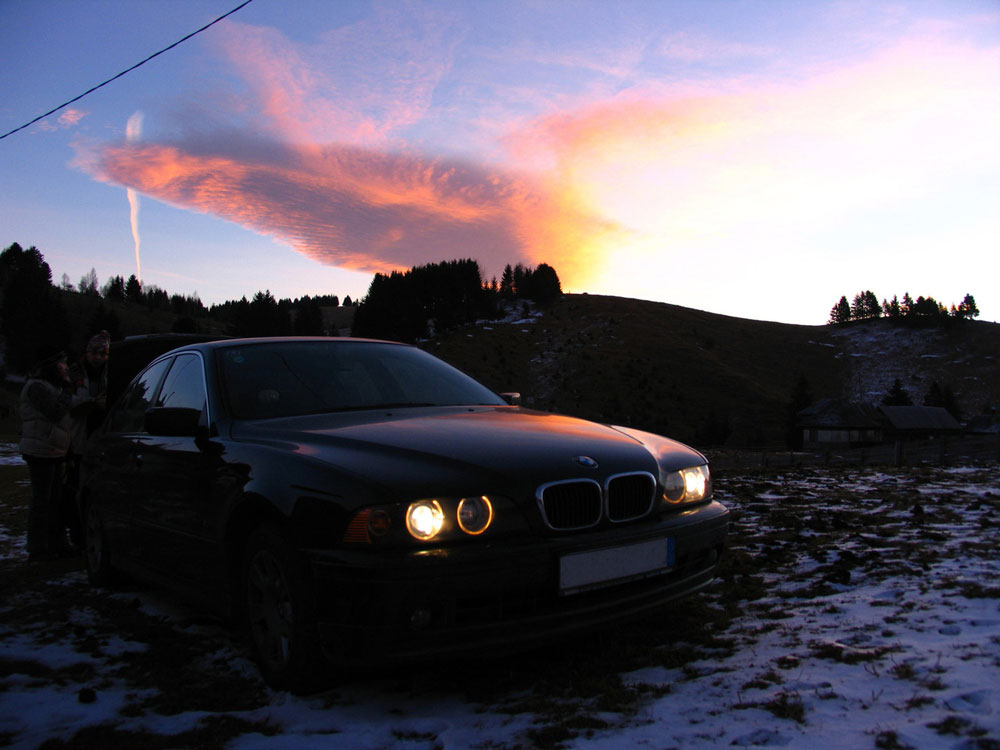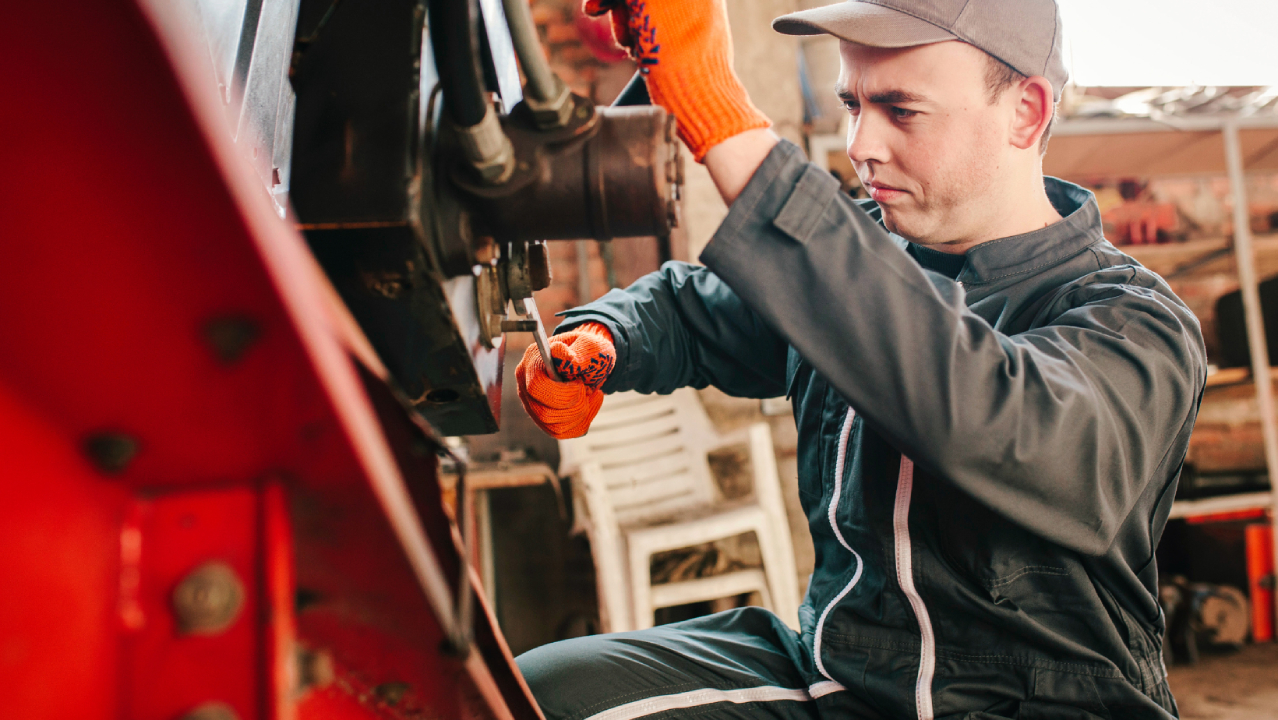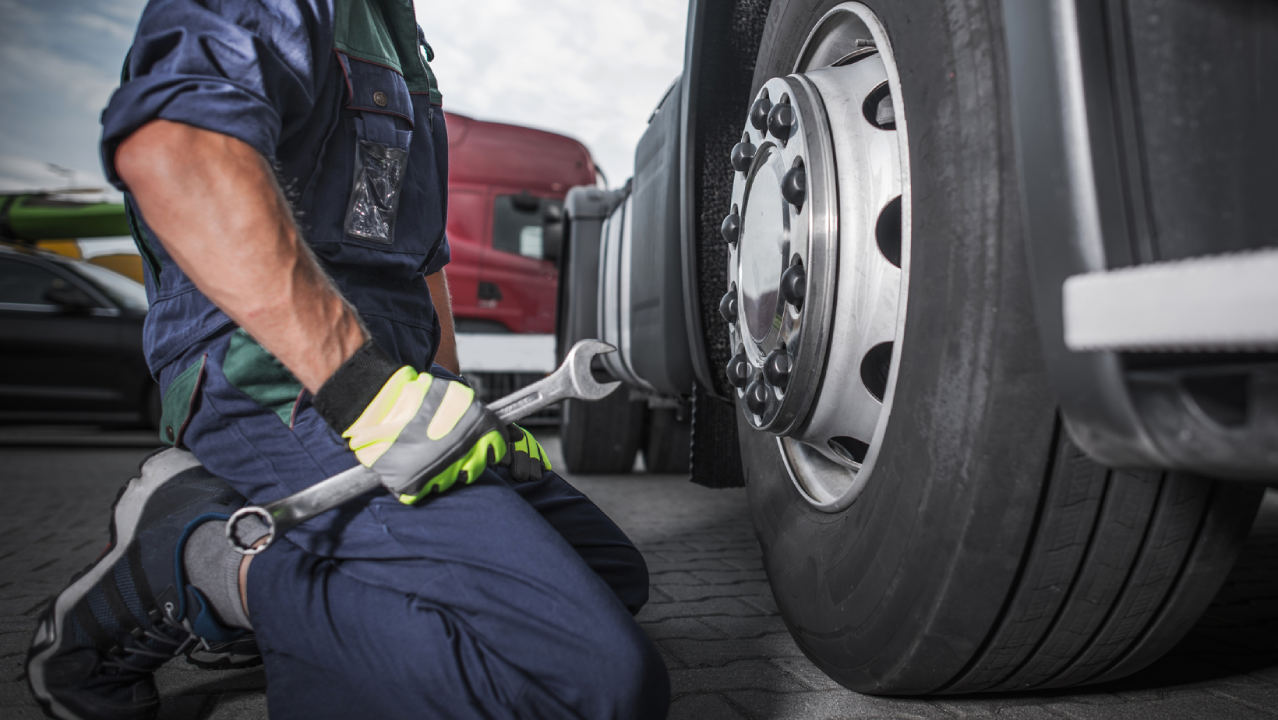From the ‘nobody ever told me to do that’ file we have compiled a list of things you should make sure you know about your car.
You should know…
1. The make, model, colour, year and registration plate number, in case your car goes missing, is stolen or you just cant find it in the parking building.
2. Where your spare car key is:
Dont hide it on or in the car (like under the wheel cover or in the glove box) its the first place thieves will look. Keep it in that little pocket in your purse, in your locker at work (if youre full time and have 24/7 access to the building) or in a safe place at home so if youre caught out, someone can bring it to you.
3. When the Warrant of Fitness, 10,000 km service and registration is due, this will remind you to get them done, and will save you from getting a ticket if your WoF or registration has expired.
4. Where the dipstick is:
But first: what is the dipstick? Its a metal stick that resides in the oil tank; it measures how much oil is in there. The dipstick should be easily found in late model cars as it will have a coloured ring on top and be around 30cm long.
5. How to check the oil:
If your service station does this for you on a regular basis ask the attendant to show you how. For an at home oil check make sure the car is cold and on a level, hard surface. Pull out the dipstick and wipe clean with a rag (or an old towel) place the dipstick back in and pull out again gently. Look carefully at the end, there will be a minimum and a maximum oil level mark, the optimum amount of oil to have in your car is above the halfway point between these marks. If the oil is only just above the minimum line then I suggest you get yourself some car oil pronto!
6. How to to check the water:
Never done it? You need to pull the cap off the radiator and take a peek, fill to the top if its empty or below half full. Checking the water for the window wipers is an important thing to do as well. Fill up with water and a little squirt of specialised window wiper fluid (dont use dishwashing liquid – all you get is foam!) You should check the oil and water regularly; it helps to get into a routine so you never forget!
7. Where the tool kit is:
Most late model cars have a tool kit with or near the spare tyre, it should contain a wrench, maybe a spanner and some spare valve caps (the little cappy things on the tyres) and of course the jack! (Very important if you get a flat tyre.) Things you should add to your tool kit in the boot are a rag, (or wet wipes, to wipe grease of your hands) a small torch with spare batteries, jumper leads and a container of water (especially handy in older cars in case they overheat).
8. How to be fuel efficient:
its good for your car as well as the environment! Driving at a constant speed of between 80 90 kms per hour is the most efficient speed, TURN OFF THE AIR CONDITIONING! If its hot crank down a window or open those vents, you can save your car from guzzling 10% more fuel!
9. How to disarm your alarm system, the alarm
going off for no apparent reason at 3am is annoying but not knowing how to turn it off will drive you mad (and the neighbours too!). Your alarm installer should give you an instruction manual and a quick How to use the alarm tuition. If they dont, then ask for one. Whatever you do, dont pull the battery out, this just makes the alarm louder!
10. When to ask for help:
If it isnt broken, dont try to fix it! If youre a car expert then have a fiddle, but if you cant tell the cam belt from the fan belt then let a pro handle your wheels!
From the ‘nobody ever told me to do that’ file we have compiled a list of things you should make sure you know about your car.
You should know…
1. The make, model, colour, year and registration plate number, in case your car goes missing, is stolen or you just cant find it in the parking building.
2. Where your spare car key is:
Dont hide it on or in the car (like under the wheel cover or in the glove box) its the first place thieves will look. Keep it in that little pocket in your purse, in your locker at work (if youre full time and have 24/7 access to the building) or in a safe place at home so if youre caught out, someone can bring it to you.
3. When the Warrant of Fitness, 10,000 km service and registration is due, this will remind you to get them done, and will save you from getting a ticket if your WoF or registration has expired.
4. Where the dipstick is:
But first: what is the dipstick? Its a metal stick that resides in the oil tank; it measures how much oil is in there. The dipstick should be easily found in late model cars as it will have a coloured ring on top and be around 30cm long.
5. How to check the oil:
If your service station does this for you on a regular basis ask the attendant to show you how. For an at home oil check make sure the car is cold and on a level, hard surface. Pull out the dipstick and wipe clean with a rag (or an old towel) place the dipstick back in and pull out again gently. Look carefully at the end, there will be a minimum and a maximum oil level mark, the optimum amount of oil to have in your car is above the halfway point between these marks. If the oil is only just above the minimum line then I suggest you get yourself some car oil pronto!
6. How to to check the water:
Never done it? You need to pull the cap off the radiator and take a peek, fill to the top if its empty or below half full. Checking the water for the window wipers is an important thing to do as well. Fill up with water and a little squirt of specialised window wiper fluid (dont use dishwashing liquid – all you get is foam!) You should check the oil and water regularly; it helps to get into a routine so you never forget!
7. Where the tool kit is:
Most late model cars have a tool kit with or near the spare tyre, it should contain a wrench, maybe a spanner and some spare valve caps (the little cappy things on the tyres) and of course the jack! (Very important if you get a flat tyre.) Things you should add to your tool kit in the boot are a rag, (or wet wipes, to wipe grease of your hands) a small torch with spare batteries, jumper leads and a container of water (especially handy in older cars in case they overheat).
8. How to be fuel efficient:
its good for your car as well as the environment! Driving at a constant speed of between 80 90 kms per hour is the most efficient speed, TURN OFF THE AIR CONDITIONING! If its hot crank down a window or open those vents, you can save your car from guzzling 10% more fuel!
9. How to disarm your alarm system, the alarm
going off for no apparent reason at 3am is annoying but not knowing how to turn it off will drive you mad (and the neighbours too!). Your alarm installer should give you an instruction manual and a quick How to use the alarm tuition. If they dont, then ask for one. Whatever you do, dont pull the battery out, this just makes the alarm louder!
10. When to ask for help:
If it isnt broken, dont try to fix it! If youre a car expert then have a fiddle, but if you cant tell the cam belt from the fan belt then let a pro handle your wheels!







